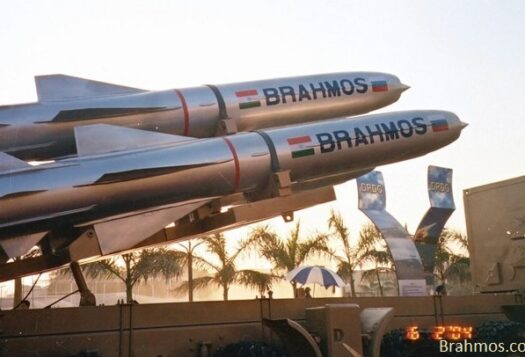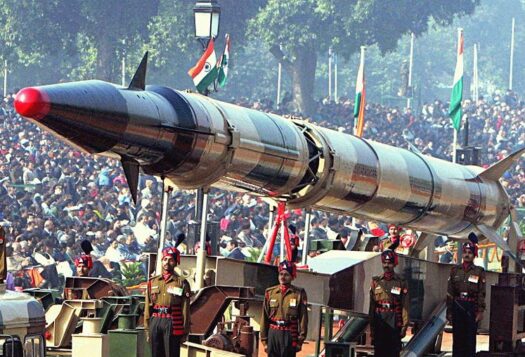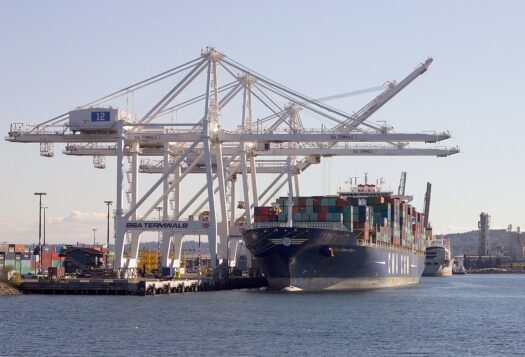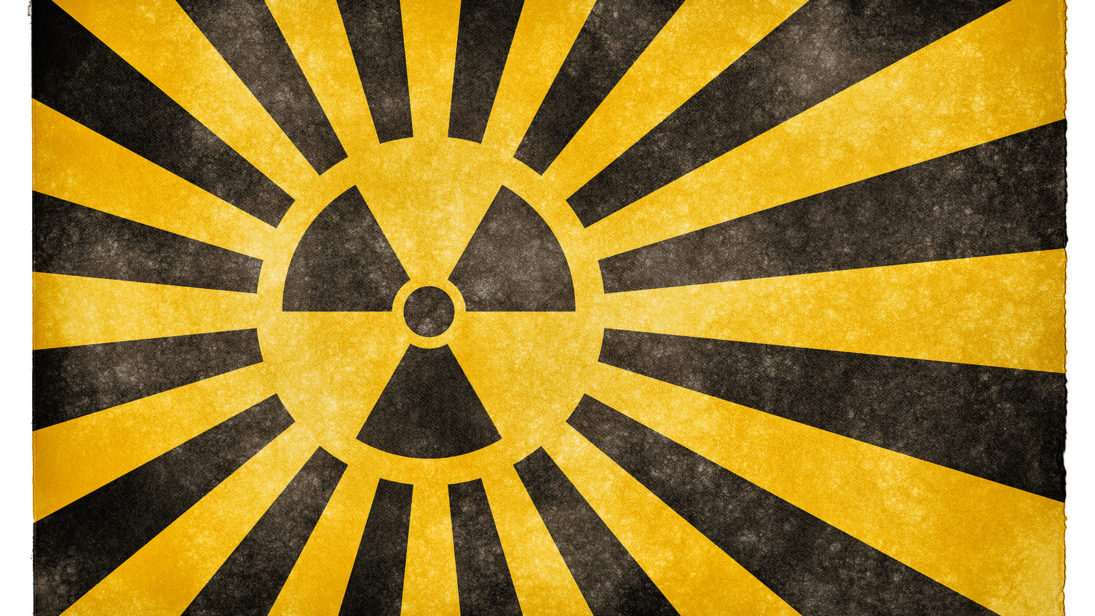
The North Korean nuclear crisis is getting increasingly complex. To begin with, it is now apparent that Pyongyang is no longer a nuclear threshold state that can be coerced or induced into giving up its nuclear capability, at least not in the current circumstances. It has moved away from the status of a nuclear weapons capable state post the Nuclear Nonproliferation Treaty withdrawal to having a “potent deterrent designed to prevent a U.S. attack or disrupt one …” and there does not seem to be any solution in sight. In the two and half decades of the permanent five members of the United Nations Security Council trying to resolve the issue, North Korea has walked out of all agreements, all the while advancing its nuclear and missile capabilities. It has demonstrated great resolve in continuing with the larger goal of acquiring a nuclear deterrent. During 2017 alone, North Korea has conducted approximately 19 nuclear capable missile tests.
On the surface, the Korean Peninsula crisis does appear to be a“Cuban missile crisis in slow motion,” as David Sanger and William Broad have described, when considering the presence of active agents, a relentless drive to assemble its nuclear arsenal, the propaganda and uncertainty surrounding Kim Jong Un’s leadership, and hints of military action by the United States. Scott Sagan, in his recent article for Foreign Affairs, viewed the overall play of these factors as posing immediate dangers, wherein “the risk that an accident, a false warning, or a misperceived military exercise could lead to war is alarmingly high.” According to him, the situation is compounded by the presence of unpredictable and impulsive leadership on both sides. Does all this imply that the United States and North Korea are inching closer to actual war? This is a scary possibility, especially when considering North Korean Foreign Minister Ri Su Yung’s statement calling President Trump’s United Nations General Assembly speech a “declaration of war” on North Korea.
Hypothetical
What implications would nuclear use in this scenario have for southern Asia, which has three states with nuclear weapons that are geographically proximate to North Korea? [1] This breaking of a decades-old nuclear taboo would likely have some psychological impact on the thinking of nuclear weapons states in general. It can be argued that there lies some assurance in the no nuclear use norm, and the notion that nuclear deterrence works has been able to instill a sense of security and confidence in nuclear possessors. All this may be reversed when there is the occurrence of the “unthinkable.” It is likely to leave the nuclear possessors immensely disconcerted about their larger security strategies involving nuclear weapons. It may raise questions about the purpose of nuclear weapons. If the purpose of history is to yield lessons for the future, then this action should ideally trigger greater responsibility towards nuclear weapons abolition. The very fact that nuclear use has occurred (by accident or by design) would likely strengthen the view that only nuclear abolition can guarantee complete security. Nuclear use anywhere in the world would arguably take away the justification of nuclear weapons in the first place. It would inevitably unify and strengthen the anti-nuke and pro-abolition movement like never before, further pressurizing nuclear weapons states to shed their nuclear-weapons-centric security strategies.
As for India, it can be argued that New Delhi would be affected by nuclear use in the same manner. Broadly, if there is an immediate and collective effort in containing the fallouts of such a grave situation, one can imagine India being a part of it. Alternatively, questions regarding a change in India’s security perception, specifically its nuclear deterrence strategy, naturally arise. In the backdrop of nuclear use in the North Korean case, will India consider Pakistan as a more immediate threat, especially due to its first use policy? To answer this, one must ask: how can the North Korean nuclear crisis alter Pakistan’s calculus? In case of deterrence failure, what can change in Pakistan’s stated nuclear posture? Pakistan’s stated posture of first use will remain the same. But, at the same time, will Pakistan attempt to project an assertive nuclear posture, including maximizing its nuclear arsenal and strengthening its nuclear capabilities? In an environment where nuclear use occurs after over 70 years, being assertive regarding nuclear capabilities would only prove to be counterproductive for any country, more so for Pakistan because of its proliferation baggage. Thus, India’s nuclear deterrence strategy is not likely to change because the North Korean nuclear crisis will not fundamentally change South Asian nuclear reality, especially in the immediate future.
Reality
While one can imagine various hypothetical scenarios in a post-nuclear-use setting, in reality, fortunately, the crisis doesn’t seem to be going out of hand. Various back channels are indeed working to ensure that the world does not move closer to the hypothetical discussed above. It is good news that the international community shares the view that the crisis must be resolved; especially when there is an evident pattern in North Korea’s brinkmanship and it has potential to set a dangerous precedent.
So far, developments suggest that the United States has resumed back channel diplomacy with North Korea. However, it has unfortunately met with little progress. While the European Union (EU) may play a constructive role, it cannot be ascertained as to what extent back channels between the EU and North Korea have now been reduced to only medium-ranking foreign ministry officials attending the meetings. More importantly, North Korea might view the EU’s role as speaking for American interests since the United States officially conducts its business with North Korea through the Swedish embassy.
Does that imply that there is possible space for India to engage North Korea? While the issue does not hold major implication for India, it poses indirect consequences due to North Korea’s proliferation linkages. Thus, one may suggest that based on its support to global nonproliferation norms, India may choose to engage.
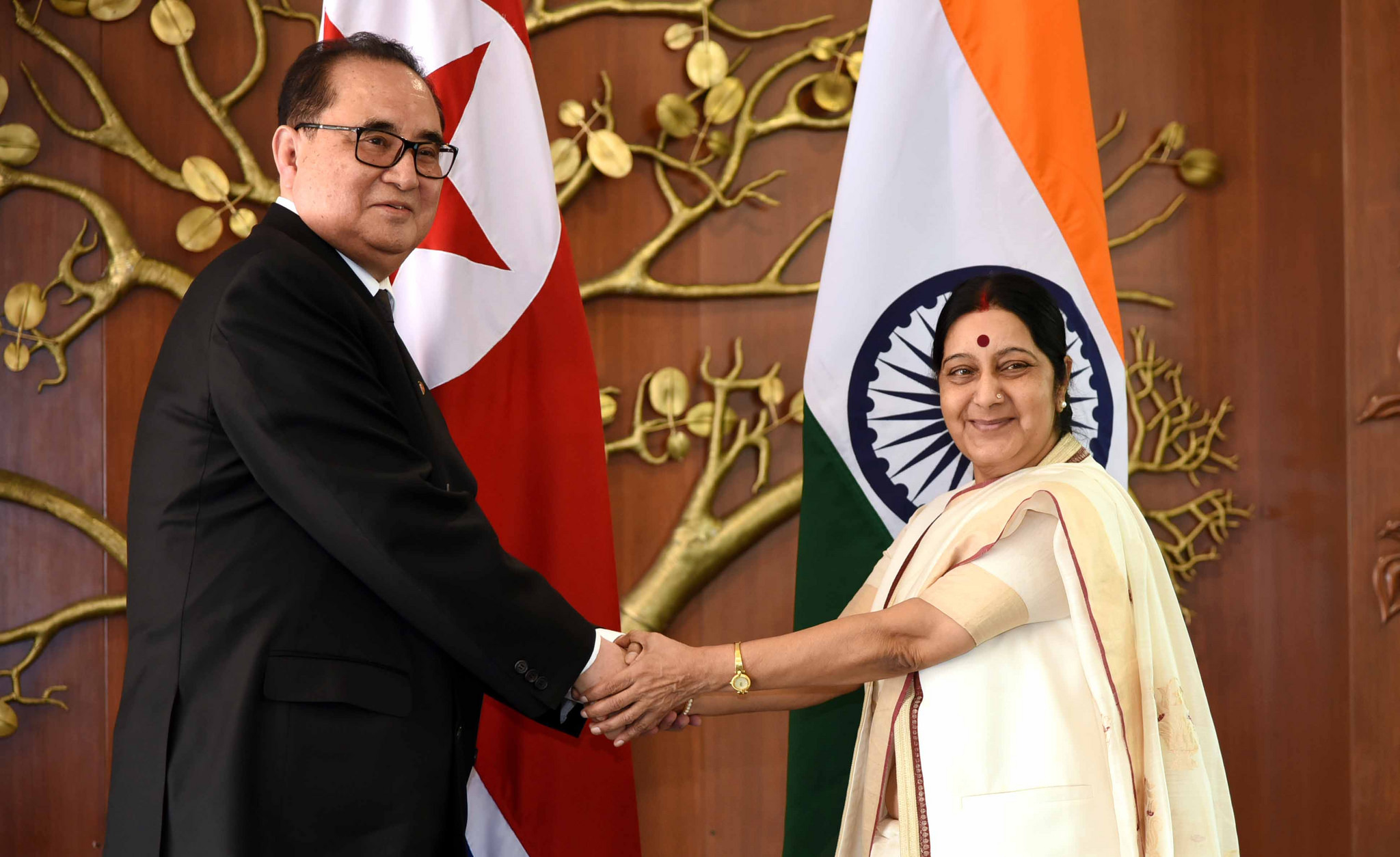
Does India Envision a Role?
While nothing has been said officially about India’s possible role, New Delhi recently refused to close the Indian embassy in North Korea and conveyed to the United States that some “friendly countries should maintain embassies there so that some channels of communication are kept open.” In fact, the United States also indicated that the Indian office might have some value to Washington as a conduit for communications. In this context, two observations can be made:
- First, while India has traditionally shied away from such a third-party role in negotiations, this option aligns with India’s larger nonproliferation agenda and thus, is not radical or outside of its declared nonproliferation position. The North Korean issue is an important one for India: New Delhi has categorically criticized every nuclear test by Pyongyang and even severed its ties with the country after discovering its illicit nuclear linkages with Pakistan. In recent times too, India “deplored“ the latest nuclear test that was said to have given North Korea a thermonuclear capability. It had called upon North Korea to refrain from such action, so acting on it may not be unwise.
- Second, it should be noted that India actually shares a practical relationship with North Korea. While it does not support Pyongyang’s nuclear ambitions, New Delhi has been forthcoming in helping the country with medical and food supplies and bilateral relations have been steady in recent years, including diplomatic visits by North Korean officials to India. Being North Korea’s third-largest trade partner, India can leverage the situation by proposing to resume all trade activities that it recently banned in response to North Korea’s nuclear tests this year. India’s tone might not be viewed as patronizing to Pyongyang as compared to the United States and this could be the first step towards a larger negotiation agenda. Additionally, Indian engagement would automatically shift the focus of the talks from “the United States single-mindedly pressuring to denuclearize North Korea” to “resolution of the immediate crisis by a non-Western nation,” one which has helped North Korea’s people on humanitarian grounds. While India doesn’t enjoy as much clout with North Korea as China, it can still be useful in communicating significant messages. China may react negatively to Indian involvement but the fact that there is global consensus that the current nuclear standoff must be resolved immediately should be a mitigating factor.
Finally, on the surface, it might seem that a nuclear catastrophe in the extended neighborhood would spell panic for regional stability in southern Asia. However, this may not be the case as the only region with three nuclear powers sharing borders would be compelled to act wisely. Because when it comes to nuclear weapons, there is no scope for complacency.
Editor’s note: If there is nuclear use in the North Korean context, what will the dangers or consequences for India and Pakistan be, whether strategic, political, economic, or environmental? How will this impact India and Pakistan’s thinking on nuclear issues, the importance they give to nuclear weapons in their security strategies, and their impressions of regional security? SAV contributors Rizwana Abbasi and Hina Pandey analyze in this two-part series, which can be read in full here.
***
[1] In this hypothetical scenario, nuclear use can occur due to miscalculation or by accident, on the part of North Korea or the United States.
Image 1: Nicolas Raymond via Flickr
Image 2: MEAphotogallery via Flickr.
